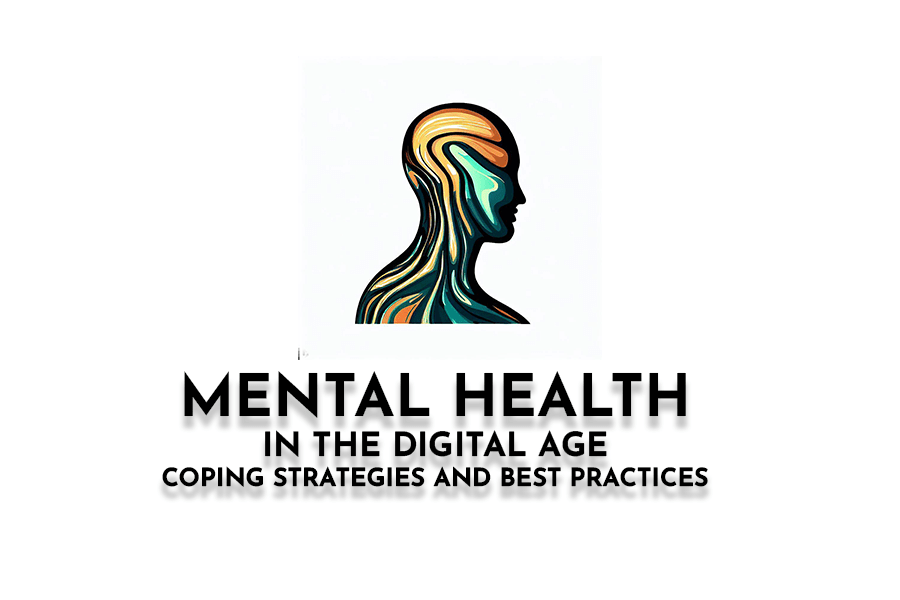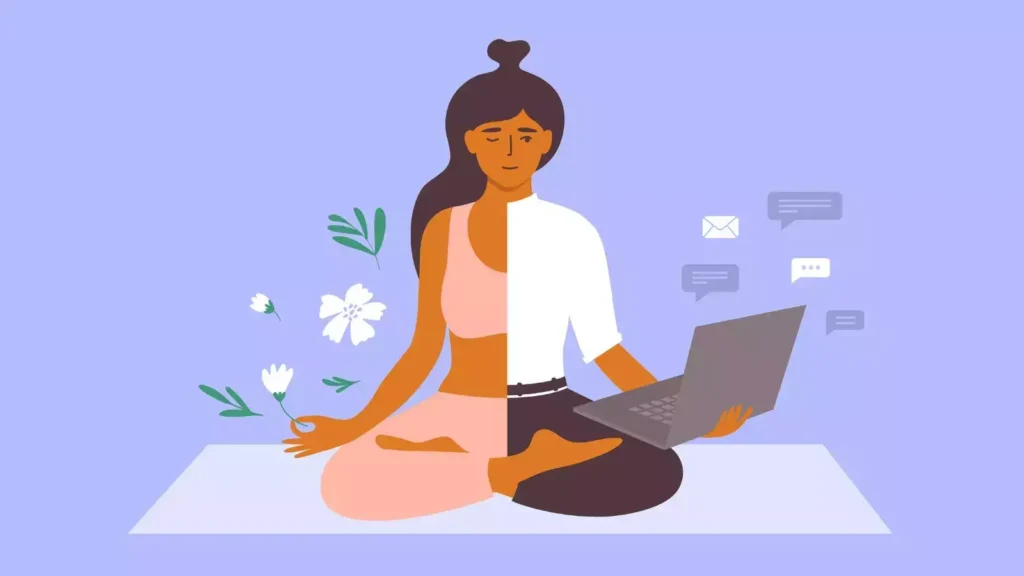Mental Health in the Digital Age: Coping Strategies and Resource 2024
The digital age has revolutionized the way we live, work, and communicate. With the advent of smartphones, social media, and constant connectivity, our lives have become intertwined with technology. While these advancements offer many benefits, they also present unique challenges to our mental health. Understanding these impacts and adopting effective coping strategies is essential to maintaining mental health in this digital age.
The Impact of the Digital Age on Mental Health
Social Media Pressure :
Social media platforms, while providing opportunities to connect with people, often display idealised versions of life. This can lead to feelings of inadequacy, loneliness and depression as people compare their real lives to the idealised lives presented online.
Cyberbullying and Online Harassment:
The anonymity of the Internet may encourage people to engage in cyberbullying and online harassment. Victims of such behaviour may experience significant emotional and psychological distress, which can have long-term effects on their mental health.
Screen time and sleep disruption :
Spending too much time in front of screens, especially before bedtime, can disrupt sleep patterns. The blue light emitted by screens interferes with the production of melatonin, a hormone essential for sleep, leading to insomnia and other related health problems.
Strategies for coping with the stresses of the digital age

Digital Detox :
Taking regular breaks from digital can help reduce stress and prevent burnout. Participate in physical exercise at different times during the day or schedule time in nature. These breaks can refresh your mind and body, helping you maintain a healthy balance between the digital and physical worlds.
Mindful Consumption:
Be selective about the information you take in. Organize your social media feeds to include positive and encouraging content, and set limits on news consumption so you don’t feel overwhelmed. Practicing mindful consumption can help you focus on what really matters and reduce unnecessary stress.
Practice mindfulness and meditation:
Incorporate mindfulness and meditation practices into your daily routine. These techniques can help reduce anxiety, improve focus, and boost overall mental health. Apps like Headspace and Calm offer guided meditations that can easily fit into your schedule.
Resources for Mental Health Support

Mental Health Apps:
There are several apps designed to improve mental health, including Headspace, Calm, and Talkspace. These apps offer guided meditations, stress-relief exercises, and access to licensed therapists. They can be valuable tools in managing stress and improving mental health.
Online Support Communities :
Joining online support groups and forums can create a sense of community and understanding. Websites like 7 Cups and Reddit’s mental health communities provide forums for sharing experiences and seeking advice. Connecting with others facing similar challenges can be incredibly reassuring.
Educational Websites:
Websites such as Mental Health America, the National Alliance on Mental Illness (NAMI), and the World Health Organization (WHO) provide valuable information and resources for mental health education and support. These sites provide reliable information and can guide you to additional help.
Telehealth Services:
Telehealth services are becoming increasingly popular, providing convenient access to mental health professionals. Platforms like BetterHelp and Amwell offer virtual therapy sessions with licensed counselors. These services make it easy to get help from the comfort of your own home.
Conclusion
The digital age presents both opportunities and challenges for mental health. By understanding the potential impacts of technology and adopting effective coping strategies, individuals can navigate the digital landscape while maintaining their mental health. Embracing mindful consumption, setting boundaries, and seeking help when needed are important steps to fostering a healthy relationship with technology in the modern world. As we continue to integrate technology into our lives, it is more important than ever to prioritize mental health.

